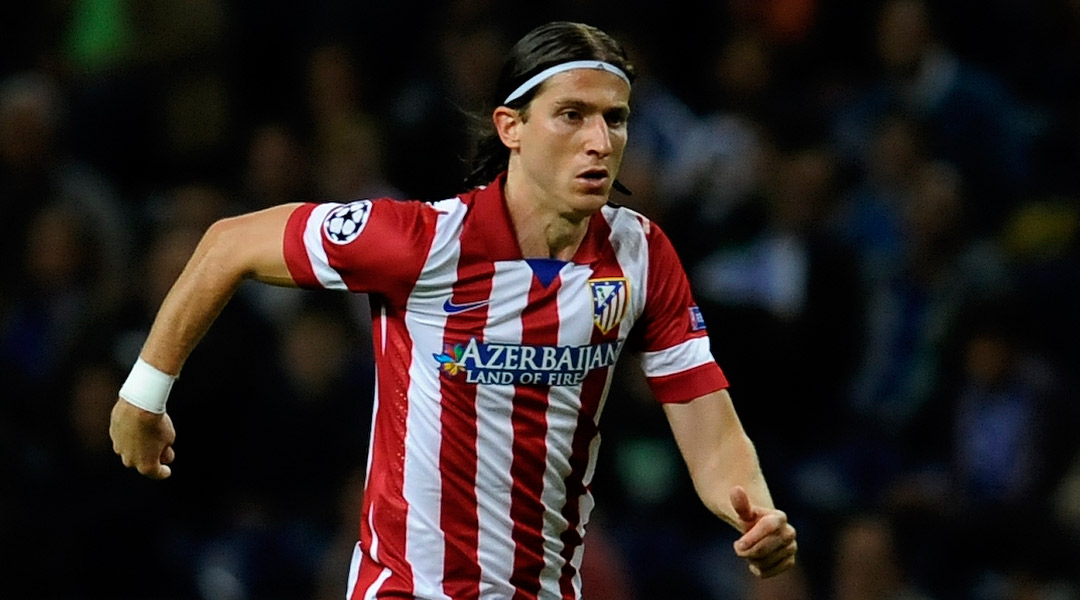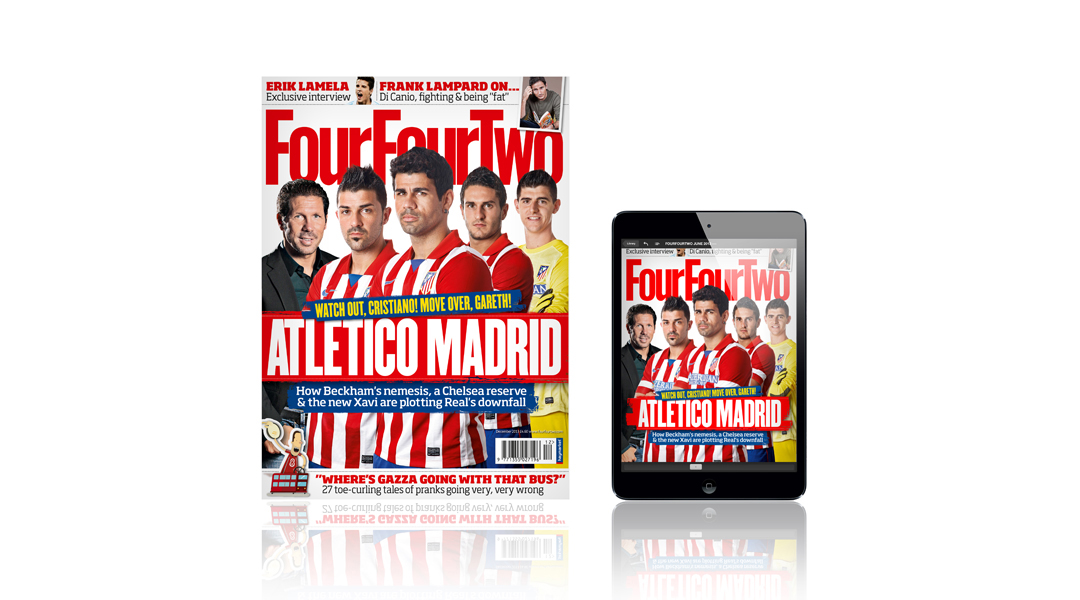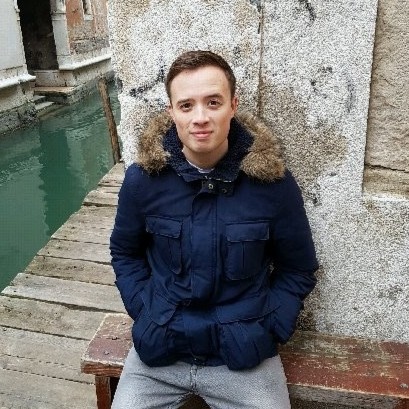Filipe Luis: Q&A
FFT sits down with Atletico's cultured left-back for the December 2013 issue...

You’ve had a slightly unusual career path, from Brazil to Holland and Uruguay to Spain. Do you think that’s given you a different experience to most players?
To become a ‘European player’, as some say in Brazil, it was very important for me to arrive early. I moved to Holland when I was 19-years-old, very young and all alone. I really think I didn’t take the opportunity I had, the great school Ajax is, learning about tactics and how to defend. All I did at that time was criticise the food and the people.
But I’m the only one to blame. The club offered me everything when I got there, they put me in a Dutch family house, so I could learn the language quicker. But I didn’t accept it, I used to live by myself already in Brazil and couldn’t stand that situation. Therefore, in one week, they gave me an apartment. I was in Amsterdam and all I wanted was to have Brazilian food, Brazilian cable channels, stuff from Brazil. It was my biggest mistake. People could see I didn’t enjoy their country.
What was it like moving to Real Madrid after it?
At Real, it was very different. I knew I’d be going to a club where I’d have chances in the B team - let’s say they enjoyed the Brazilians more. It was very different in Spain as it’s a country similar to Brazil, the weather, all of these things. Adapting was then not a problem. I already had my own apartment in the first week, the food was marvellous and it was a great life. The only thing I lacked was some playing time at the beginning.
You’re naturally a left-back but you can also play further forward. Where did you start playing when you were younger? Do you like to get forward from defence? Has playing in midfield on occasions helped your attacking game?
I began as a playmaker, No.10, but then the coaches started pushing me back. When I was 17 years old I was playing for Figueirense and we had this practice when none of the left-backs were available. The coach asked me if I could fill this role and from that day on I never left the position. Brazilian three-time champion Muricy Ramalho and Dorival Junior were very important on this. When I play with my friends, I still forget about defending and move forward. This experience I had when I was younger really helps my attacking game, you learn how to change sides and receive the ball with your back to your opponent - but that’s not my thing.
Get FourFourTwo Newsletter
The best features, fun and footballing quizzes, straight to your inbox every week.
Who do you think are the best left-backs in the world today?
I really enjoyed watching Roberto Carlos and Athirson, but if I had to mention two names that are still playing, one of them would be Marcelo. He’s the best in the world; excellent, can dribble easily and knows better than anyone how to take the ball forward. Another one is Siqueira - I’m a fan of him. He had an awesome time with Granada and then moved to Benfica. He is a great guy, a friend of mine, but also a very good player.
How did beating Atletico’s rivals Real Madrid in the Copa del Rey feel? Did you realise at the time just how much it meant to the fans?
There is always so much pressure in Brazil, no matter which team you play for; Corinthians, Sao Paulo, Santos, it’s always complicated. We’ve got this pressure at Atletico too, but much more from the media than the fans. Most of the people doesn’t how big our fanbase is, and we had lost all Clasicos before. But it was the best moment of my career. I felt what it meant for every fan. The crowd in the streets, the kids, it was history. Real Madrid are so big and so well-known around the world. They've got so many fans in China, Japan and other countries, but there are more Atletico fans in the city, fanatic ones. Our club is closer to the supporters because they can watch our practices, and every player stops to sign the shirts and talk. Real Madrid is more Galactico.
You could have played for Brazil, Italy, Poland or Spain. Why did you choose Brazil? Was it an easy decision? You have a very interesting family background: do you speak to your parents about why they moved to South America?
My great-grandmother comes from Italy and that’s what opened the doors in Europe for me. I’ve never had the chance to get my Polish passport because I could have only qualified through my great-grandfather. There was a lot of talk in the past, but I never really considered them. I’ve been in Spain for nine years and could have also gone for the Spanish citizenship - there was this interest from Vicente del Bosque, but then former Brazil assistant Jorginho asked me if I’d be interested in playing. Then they called me up to the 2010 World Cup qualifying campaign.
Did you try and persuade your team-mate, Diego Costa, to play for Brazil?
Not really. We’ve talked a lot about his situation in the dressing room but he never really considering any other opinion, he’s made his own decision. The only thing I told him is that he should do what he he wants. Whatever he decides is well done.
The last time Atletico Madrid won La Liga you were 10-years-old. Do you remember what you were doing then?
Ten-years-old? I was playing indoor football back then and had this dream about playing for Flamengo one day. I didn’t know about Atletico at that time, just the name. I remember having watched games of Barcelona, Deportivo; the likes of Rivaldo, Djalminha, Mauro Silva and others.
Get your hands on the December 2013 issue of FourFourTwo, as we get the inside story on Atletico Madrid's Rojiblancos revolution. We also sit down with Frank Lampard, get on a bus with Bosnia's barmy mob, pick out the best pranks gone wrong and much, much more. Subscribe in print or for iPad now.

Joe was the Deputy Editor at FourFourTwo until 2022, having risen through the FFT academy and been on the brand since 2013 in various capacities.
By weekend and frustrating midweek night he is a Leicester City fan, and in 2020 co-wrote the autobiography of former Foxes winger Matt Piper – subsequently listed for both the Telegraph and William Hill Sports Book of the Year awards.

